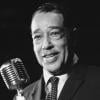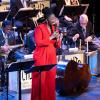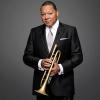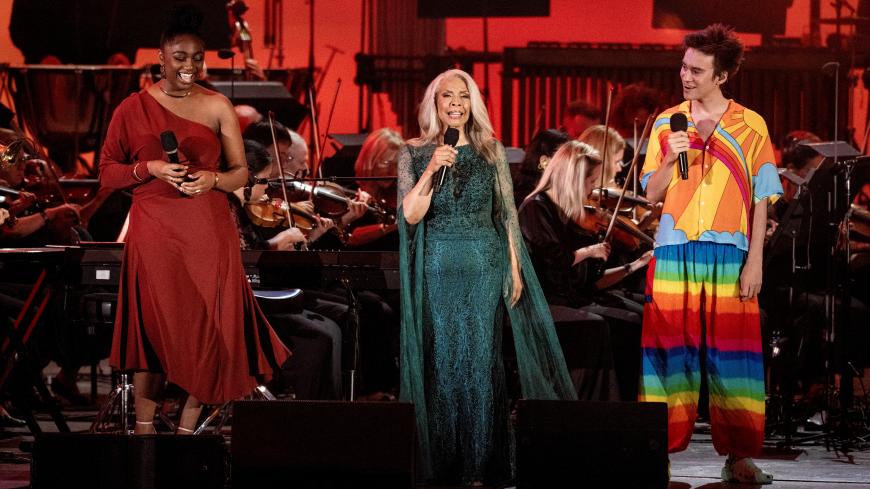
Quincy Jones — with his one-of-a-kind combination of musical gifts, curiosity, versatility, and durability — has been the recipient of a handful of all-star tribute concerts at the Hollywood Bowl over the last dozen years. We have to be content with these retrospectives in the absence of new music from the maestro, for there has been nothing notable since the release of Q: Soul Bossa Nostra in 2010 — itself a collection of remakes of old material with a long, long list of contemporary singers and rappers.
That said, the Quincy Jones 90th-birthday tribute concert which took place at the Bowl on Friday night (July 28) was often a dazzler — as far as it went. It was better rehearsed and more polished than the one with Jones and the Global Gumbo All-Stars in 2011 and more inclusive than the 2017 concert that only surveyed his three great 1969–1971 jazz-to-soul transition albums for Creed Taylor and A&M Records.
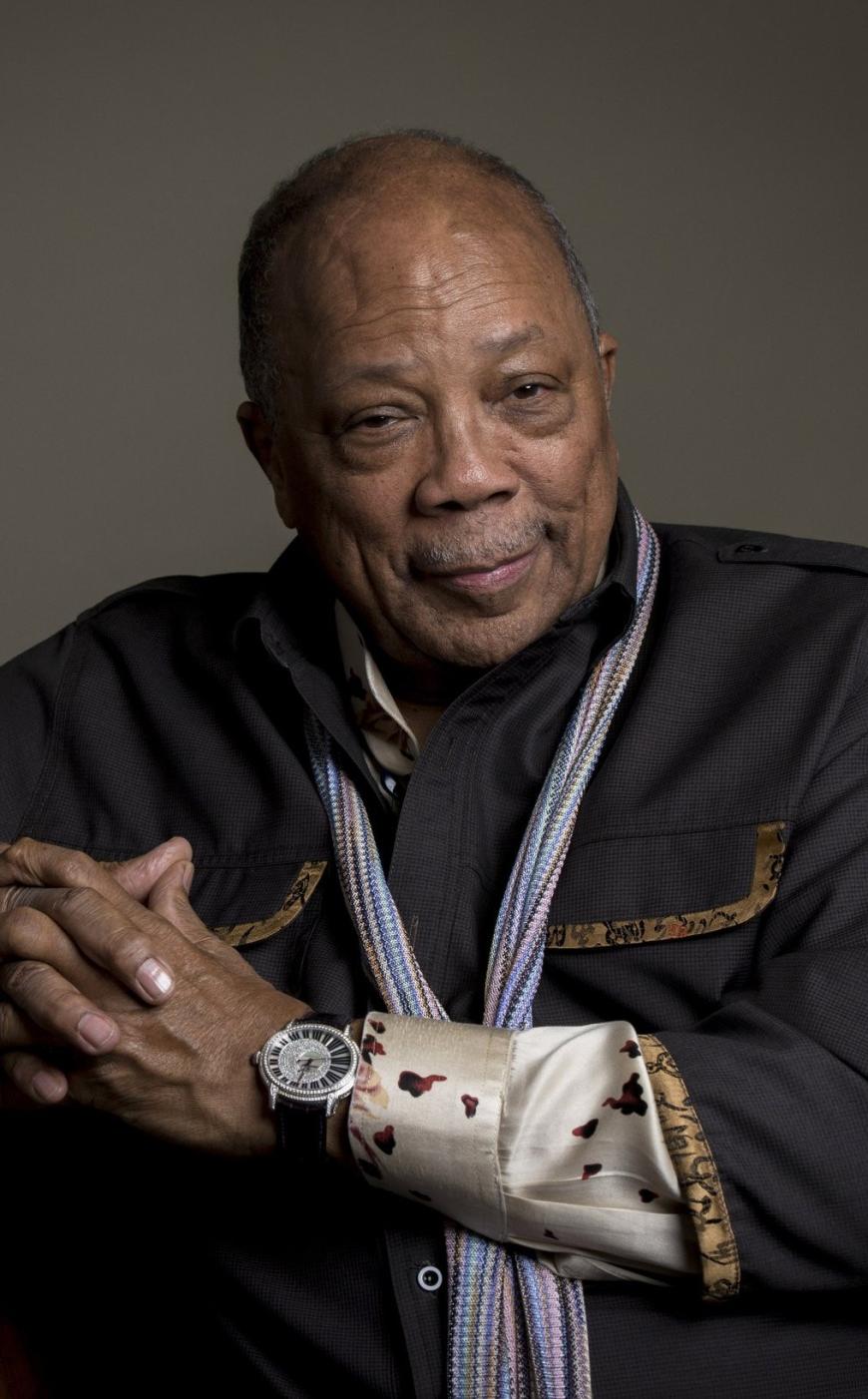
It was definitely not a comprehensive retrospective of a multifaceted career that has extended from the late 1940s to the present day and hopefully beyond. That is too much to ask in one evening; you would need weeks, or a month, or maybe an entire summer season to adequately survey Jones’s achievements. (The four-CD boxed set, Q: The Musical Biography of Quincy Jones [Rhino], might be the closest thing to a full summing up.) But with the Hollywood Bowl Orchestra led by Jules Buckley, boosted by a killer rhythm section of veteran studio cats from Jones records of yore — Greg Phillinganes on keyboards, Nathan East on bass, Paul Jackson Jr. on guitar, and John “JR” Robinson on drums — the odds were good that the music was going to groove. And a lot of it did.
To start, Buckley and the HBO served up “Soul Bossa Nova,” a fun, quirky, admittedly opportunistic artifact of the bossa nova trend of 1962 that faded into semi-obscurity until its use in the Austin Powers films suddenly made it into a standard. Samara Joy, the fast-rising jazz singer, then brought her powerful lower pipes to “Misty,” Sarah Vaughan-style, swooning all over the tune before concluding way up in her range. “Fly Me to the Moon,” in Jones’s classic chart for the Count Basie Orchestra, was entrusted to Aloe Blacc, who had the thankless task of trying to emulate the original singer, one Frank Sinatra. Patti Austin then delivered a lived-in rendition of “How Do You Keep the Music Playing?” that grew more fervent and soulful as it unfolded.
A guest performer list which circulated online before the concert concluded with the cryptic words “and more.” The first “and more” turned out to be Stevie Wonder, who played the catchy synthesizer line of his co-composition “Betcha Wouldn’t Hurt Me” from Jones’s The Dude album as Austin sang the words. Wonder, now 73, reminisced about running up and down the stairs of the Apollo Theater before meeting his idol Quincy as a kid; he then launched into one of his most haunting tunes, “You’ve Got It Bad, Girl,” the title track of another Jones album. The timbre of Wonder’s voice has darkened with age, but the soulfulness has not faded, and he even threw in some halting harmonica riffs.
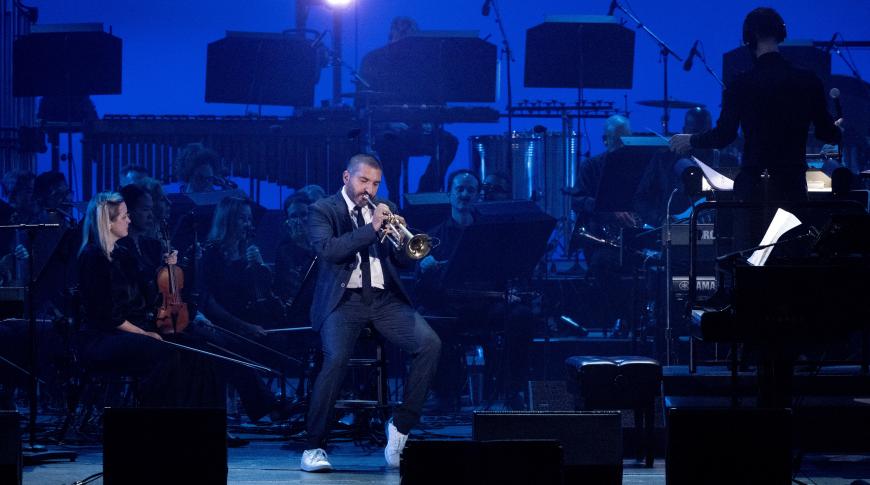
A trio of ballads followed — John Legend in the predictable “Just Once,” trumpeter Ibrahim Maalouf smoothly surveying “She’s Out of My Life,” and Sheléa rising to the belted final strains of “You Put a Move on My Heart” — before five front-line singers (shades of Jones’s ’70s vocal quintet, The Wattsline) gave the Brothers Johnson’s “Stomp!” a rousing send-off.
Save the last two numbers, the second half of the concert was devoted to an extensive selection from Jones’s three blockbuster productions for Michael Jackson — Off the Wall, Thriller, and Bad. The performances were a revelation perhaps not entirely intended. Jones’s productions are so sleek, musical, and grooving that if they are played with any kind of care — which they were — they can get the juices flowing even without the presence of MJ. All it took was plugging in vocals from Avery Wilson in “Rock With You” and “Thriller,” BJ the Chicago Kid in “Billie Jean,” Stevie Mackey in “Don’t Stop ’Til You Get Enough,” Vula Malinga in “P.Y.T.” and co-writer Siedah Garrett in “Man in the Mirror.”
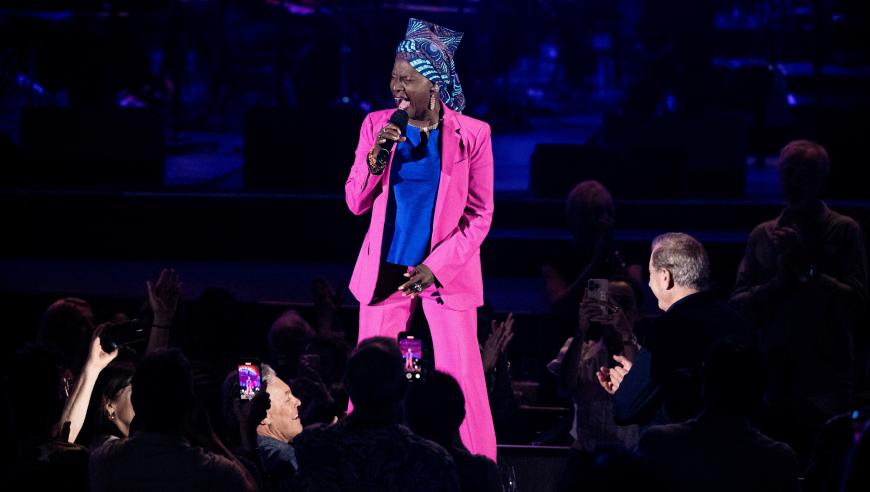
As a result, we got satisfying performances within the style, with extra points going to Angélique Kidjo’s surprisingly idiomatic, electrifying take on “Wanna Be Startin’ Somethin’.” The one performer who managed to conjure an original conception on a tune from the Jackson albums was another surprise guest, singer/pianist Jacob Collier, who remolded “Human Nature” into his own creation with some unique vocal phrasings as his mom, Suzie Collier, led the orchestra.
Perhaps the time devoted to the Jackson trilogy was out of proportion to its place in Jones’s long career. But it was important to demonstrate that these productions for MJ could work well with a variety of other singers — and that Jackson’s best work by far was recorded under the guidance of Jones.
From there, all that remained was the obligatory gathering of all the forces for a rollicking “Let the Good Times Roll” — with pianist Alfredo Rodriguez slyly quoting Rhapsody in Blue in passing — and Wonder returning to lead his “Happy Birthday,” addressing the refrain to Q. It would have been nice to see Jones take a bow — he was reportedly backstage — but he didn’t make an appearance.


